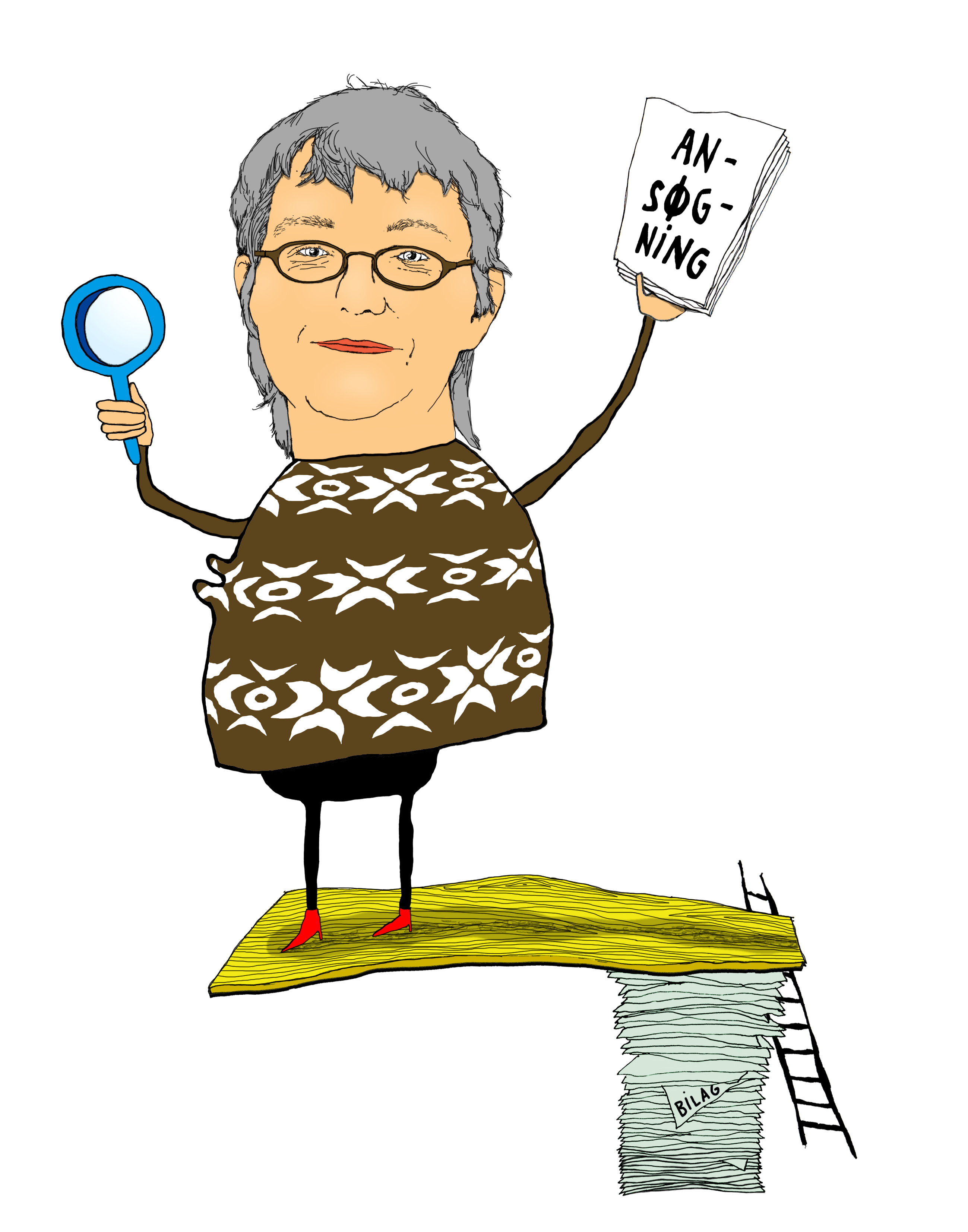Why are Danish TV series such a big hit abroad?
Media studies researcher Anne Marit Waade and her research team will investigate why TV viewers in other countries are fascinated by Danish TV series such as Forbrydelsen (remade in English under the title of The Killing, ed.) Borgen (The Castle, ed.) and Broen (The Bridge).

"It’s a form of exoticism that is in play in relation to a curiosity towards these non-Anglo Saxon TV series. They primarily attract a well-educated niche audience, people who are also familiar with Scandinavian crime fiction, which is my research background, and I can see many common characteristics," explains Anne Marit Waade. She continues:
"This is an audience that thinks it’s interesting to learn more about a language, culture and environment besides the story itself. And about the characters. These strong women, single mothers who are prime ministers and ride around on bikes in high heeled shoes. "
Success in a matter of a few years
Only five, six or seven years ago there was little interest in spending time with a divorced prime minister with two children or an aloof woman in a woolly Icelandic sweater from a melancholy spot on the map far up in the north. But interest is now so great in the international market that Danish TV producers can now sell their productions in the early stages of the production phase. Production companies that to an increasing extent enter into co-productions with other Scandinavian and European countries.
Studies in five countries
Waade and the other senior researchers in the research group have spent a lot of effort to establish an international panel of researchers based on research project. The panel is composed of the project participants' international contacts and will involve different kinds of cooperation.
The group will conduct reception analysis, i.e. they will interview TV viewers about their experience of the series in Australia, Turkey, Brazil, the USA and Germany. In this context they are dependent on collaboration with researchers from a university in each country.
Translated by Peter Lambourne.

